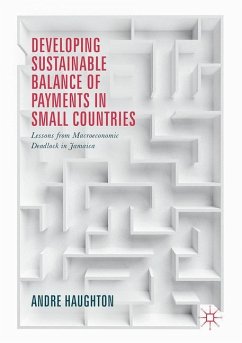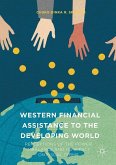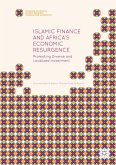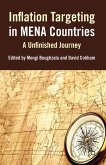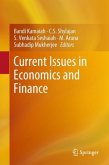This book analyses Jamaica's ability to satisfy its short and long run foreign currency obligations in light of recurrent balance of payment support from international lending agencies. Jamaica is one of the top five indebted nations in the world, and despite entering 13 successive arrangements with the International Monetary Fund over the past 40 years, its depreciating currency continues to drive up debt servicing requirements. The island nation's longstanding relationship with multilateral lending agencies like the IMF serves as a case study for other developing countries that are unable to generate sufficient intrinsic net international reserves and, consequently, suffer from incredibly low GDP growth per annum. The book closes with policy recommendations to bolster the Jamaican economy into solvency so that it can create a sustainable foreign debt repayment plan, and suggests strategies for supporting local economic objectives within global geopolitical constraints.
Bitte wählen Sie Ihr Anliegen aus.
Rechnungen
Retourenschein anfordern
Bestellstatus
Storno

